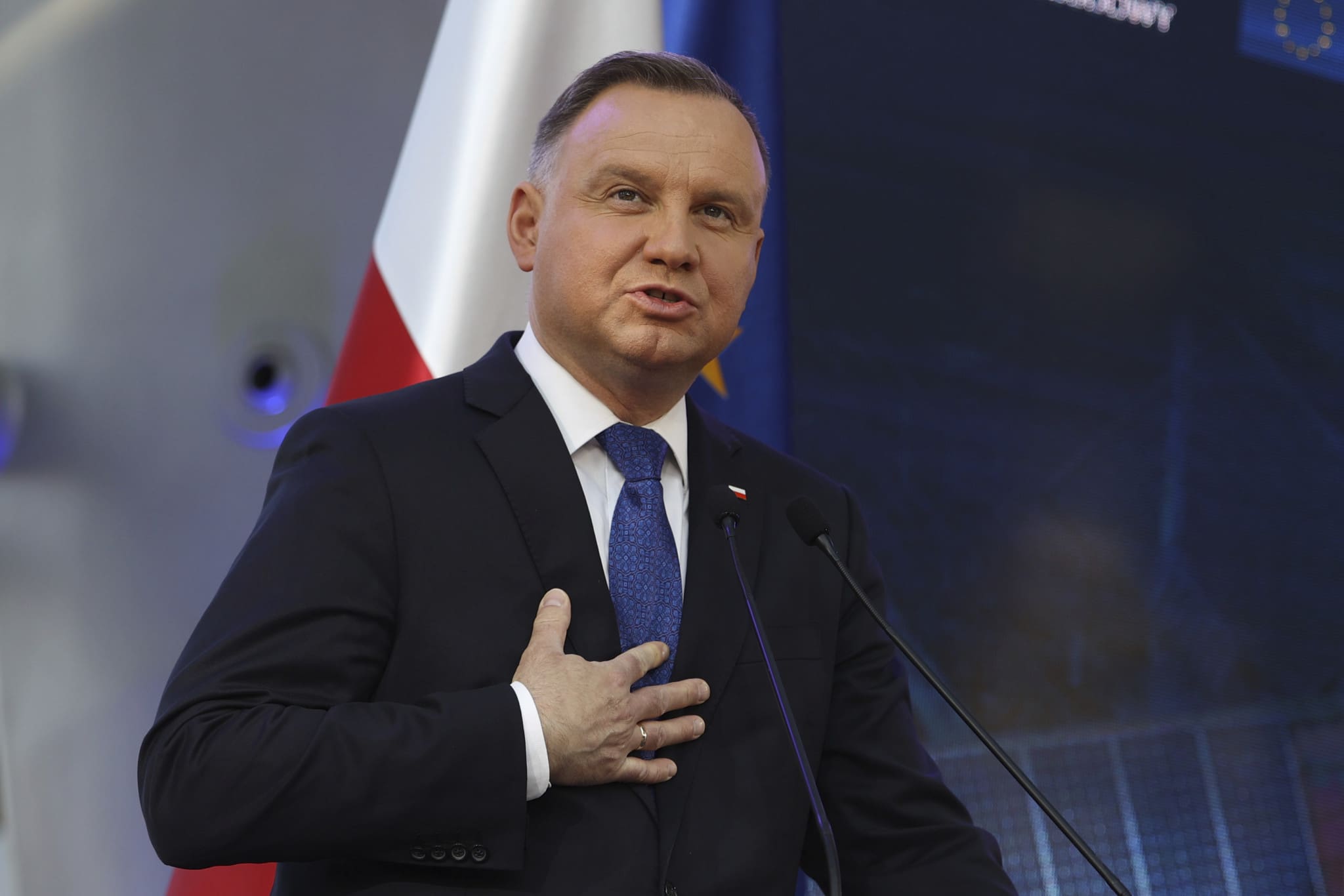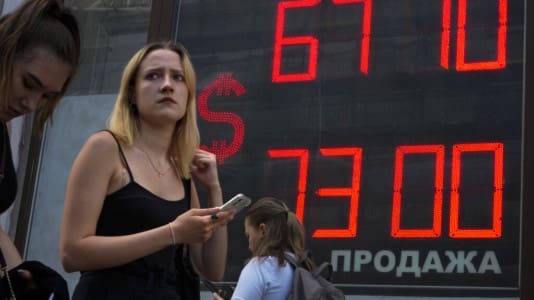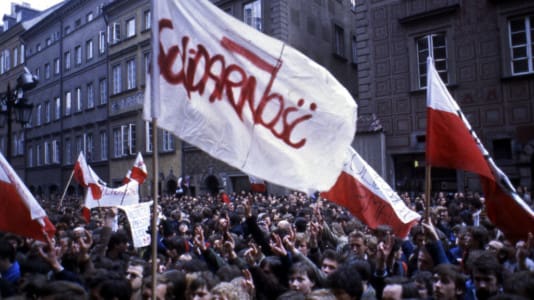Polish President Andrzej Duda speaking at a commemoration of the 79th anniversary of the Volhynia massacre in Warsaw has appealed for truth as the basis for reconciliation.
He said that “the truth about this genocide must be clearly and forcefully stated” but not for the sake of revenge.
“We want truth, we want graves,” he added.
On July 11, 1943, Poles were killed en masse in the Volhynia area, which had been occupied by the Germans. The killings of civilians were, however, carried out by Ukrainian forces loyal to their leader Stepan Bandera. The killings are considered a genocide against ethnic Poles because the objective was ethnic cleansing of the Polish minority from that region. More than 100,000 people were killed, with 40,000 to 60,000 killed by their Ukrainian neighbors.
A debate about the war crime has been continuing between Poles and Ukrainians for decades, especially since both Poland and Ukraine freed themselves from Russia’s shackles 30 years ago. Poland continues to mourn the victims, while in Ukraine, Bandera and his forces, despite the crimes they committed and their collusion with Nazi Germany, still have the status of freedom fighters against the Soviets.
As President Duda said, Volhynia is an embarrassing topic for Ukrainians, as they have to admit being the perpetrators. However, the Polish president insisted at Monday’s commemoration that “the truth of Volhynia, this genocide” must be made clear.
Duda said that he feels this is the moment for both nations to set the record straight because of the bond that has been struck by the two peoples over the present war.
“There are no Poles who have not heard about Volhynia, yet they receive Ukrainians in their homes and lend a helping hand,” said Duda.
The Polish president underlined that Poland merely wanted the truth and to be able to mourn the dead at graves in the region in accordance with Christian traditions to which both nations are tied. He added that Poland was ready to offer the same to Ukrainians with regard to those Ukrainian fighters who died on Polish soil during the Second World War.
Duda also noted that on Monday, Ukrainian President Volodymyr Zelensky submitted a draft legislative proposal to the Ukrainian parliament giving Polish citizens special status in Ukraine — a gesture that Duda said he wholeheartedly welcomed.
Speaking at the same event, Polish Prime Minister Mateusz Morawiecki said that he would not rest until all the exhumations of the victims of the massacre in Volhynia are found. He also said that the Ukrainians are currently experiencing the bitter fruits of nationalism and that the Russian attitudes today are reminiscent of those of Ukrainian nationalists during the Second World War.






